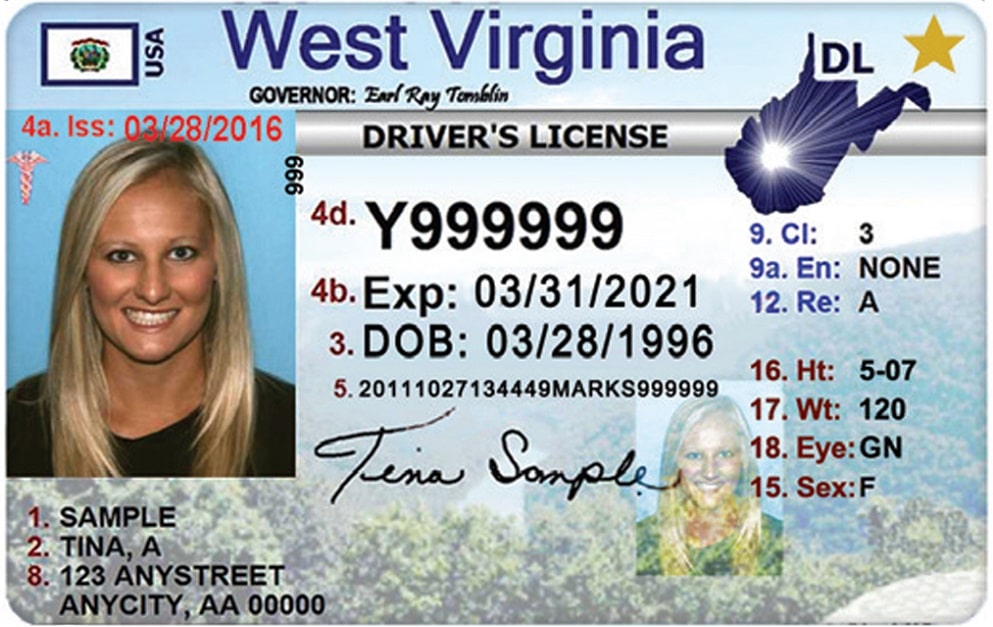Overview of West Virginia ID scanning laws
West Virginia has 3 laws which we consider relevant to ID verification, in addition to other laws which may related to age verification, identity verification, KYC, privacy, and biometrics.
Can you scan IDs in West Virginia?
Yes, businesses can scan IDs in West Virginia, although there are restrictions on what data can be stored when selling alcoholic beverages.
Can you save data from a scanned ID in West Virginia?
Yes. The only restrictions on saving data from a scanned ID in West Virginia are for alcohol sales. Age of purchaser is the only data that can be saved or stored in these instances.
Choosing an ID scanning provider that provides custom PII retention settings can ensure your business maintains compliance with West Virginia’s ID scanning laws.
Does West Virginia offer affirmative defense for ID scanning?
Yes, West Virginia offers affirmative defense laws for ID scanning for alcohol sales.
What types of IDs does West Virginia issue?
West Virginia issues drivers licenses and state IDs, including REAL ID, and CDLs. West Virginia does not issue non-domiciled CDLs to non-state residents. West Virginia also offers a mobile drivers license (mdL), available in the West Virginia MiD app and Samsung Wallet.
Individual West Virginia ID verification laws
Age verification for alcohol sales
West Virginia provides affirmative defense for retailers who scan IDs for alcohol sales, but prohibits scan data beyond age of purchaser from being saved or stored.
Age verification for tobacco sales
West Virginia requires that businesses verify age but does not require electronic scanning or verification for tobacco sales.
ID scanning for controlled substances
West Virginia requires scrapyards and pawn shops to maintain a copy of the drivers license for three years. Enacted 2016
Data collection when ID scanning
West Virginia is considering legislation to prevent companies using ID scanners from retaining any data not necessary for age verification.
Data privacy laws in West Virginia
West Virginia does not have any state data privacy laws. In 2023, HB3453 was introduced to establish consumer data privacy laws but died in committee.




